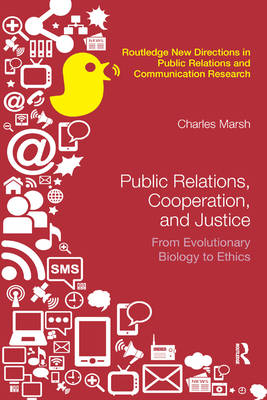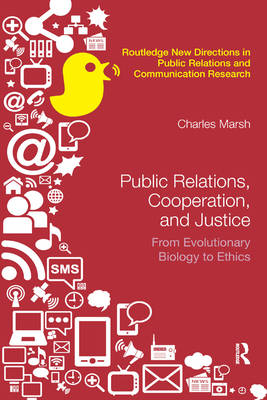
- Retrait gratuit dans votre magasin Club
- 7.000.000 titres dans notre catalogue
- Payer en toute sécurité
- Toujours un magasin près de chez vous
- Retrait gratuit dans votre magasin Club
- 7.000.0000 titres dans notre catalogue
- Payer en toute sécurité
- Toujours un magasin près de chez vous
Description
Modern approaches to public relations cluster into three camps along a continuum:
- conflict-oriented egoism, e.g. forms of contingency theory that focus almost exclusively on the wellbeing of an entity;
- redressed egoism, e.g. subsidies to redress PR's egoistic nature; and
- forms of self-interested cooperation, e.g. fully functioning society theory.
Public Relations, Cooperation, and Justice
This is a powerful, multidisciplinary, and well-documented analysis, including specific strategies for the enactment of PR as a quest for cooperation and justice, which aligns the discipline of public relations with basic human nature. It will be of interest to scholars and advanced students of public relations and communication ethics.
Spécifications
Parties prenantes
- Auteur(s) :
- Editeur:
Contenu
- Nombre de pages :
- 304
- Langue:
- Anglais
- Collection :
Caractéristiques
- EAN:
- 9780367874186
- Date de parution :
- 12-12-19
- Format:
- Livre broché
- Format numérique:
- Trade paperback (VS)
- Dimensions :
- 156 mm x 234 mm
- Poids :
- 430 g

Les avis
Nous publions uniquement les avis qui respectent les conditions requises. Consultez nos conditions pour les avis.






